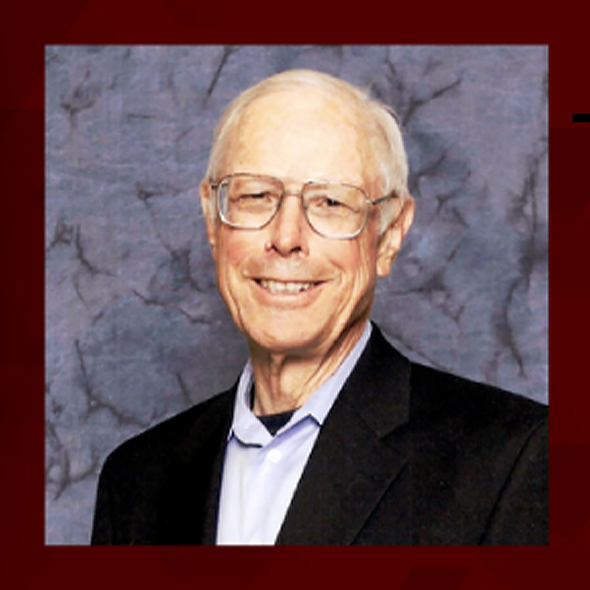Kurt Ritter

- Contact
-
- kurt_ritter@tamu.edu
Introduction
Dr. Ritter’s principal contributions to Texas A&M University (1982-2014) were to create the Department of Communication and its undergraduate degree, and to help develop the department’s graduate program. He assisted the department in building a nationally recognized faculty and an outstanding student body. In addition to achieving those goals, he also engaged in award-winning research and teaching.
Bio
After I served in the U.S. Air Force (1967-1971), and as a faculty member at the University of Illinois at Champaign-Urbana (1973-1979) and the University of Missouri-Columbia (1979-1982), Texas A&M University appointed me to its faculty with the assignment to establish and develop a communication department worthy of a major university. At that time Texas A&M had only a few courses in our field (introductory classes on oral communication skills) and had no academic program in our field—not even an undergraduate minor. The B.A. in communication began in October 1984 and the department officially opened in 1985. While I served as the first Department Head and subsequently in a variety of other departmental roles, I worked with fellow faculty members to expand our department to include undergraduate degrees in telecommunication media studies, and to establish the department’s M.A. and Ph.D. degrees. Following my retirement, I compiled materials on the history of the department, which the department submitted to the Texas A&M University Archives (Cushing Library) in 2014.
Research: My research focuses on American political rhetoric, which reflects my B.A. in history (1965), as well as my M.A. in communication (1966), and my dual Ph.D. in communication and American studies (1974). My research seeks to discover continuity and change in the substance and form of American political rhetoric from the colonial era to the modern presidency—an interest reflected in my first book, The American Ideology: Reflections of the Revolution in American Rhetoric, 1978 (co-author with James R. Andrews), which received the National Communication Association’s (NCA) Winans-Wichelns Award for Distinguished Scholarship in Rhetoric and Public Address. My subsequent research explored continuity and change in genres of American presidential rhetoric. With initial funding from the NCA’s Karl R. Wallace Memorial Research Award, I completed studies of American inaugural addresses, presidential debates, election concession and victory speeches, and election campaign jeremiads which appeared as journal articles and book chapters, as well as in my book, Ronald Reagan: The Great Communicator, 1992 (co-author with David Henry). Through my research on presidential rhetoric, I became interested to the role of speechwriters in modern presidential communication, which is reflected in my Texas A&M University Press book, Presidential Speechwriting: From the New Deal to the Reagan Revolution and Beyond, 2003 (co-editor with Martin J. Medhurst).
Teaching: During three decades at Texas A&M University I taught 26 different courses, which constituted over 100 semester-long classes and an aggregate of approximately 6,000 students. My final course was part of our department’s first “COMM to Italy” study abroad program (2013). I enjoyed teaching a wide range of courses, which varied from freshmen classes to graduate seminars. I regularly taught honors undergraduate classes, including a variety of interdisciplinary courses. Late in my career I held a joint appointment in the Department of Communication and the University Honors Program, where I served as the Associate Director (2005-2009). My teaching received recognition from colleagues and students, including the Texas A&M University Association of Former Students’ Distinguished Achievement Award in Teaching, and the Amoco Foundation’s Distinguished Teaching Award.
Epilogue: After 32 years in Aggieland, my wife and I have departed Texas in order to be closer to our family in the Washington, DC, metropolitan area. Even as I attend to the abundance of political rhetoric in my new hometown, I also observe with interest and pride the communication department’s many impressive activities and achievements.
